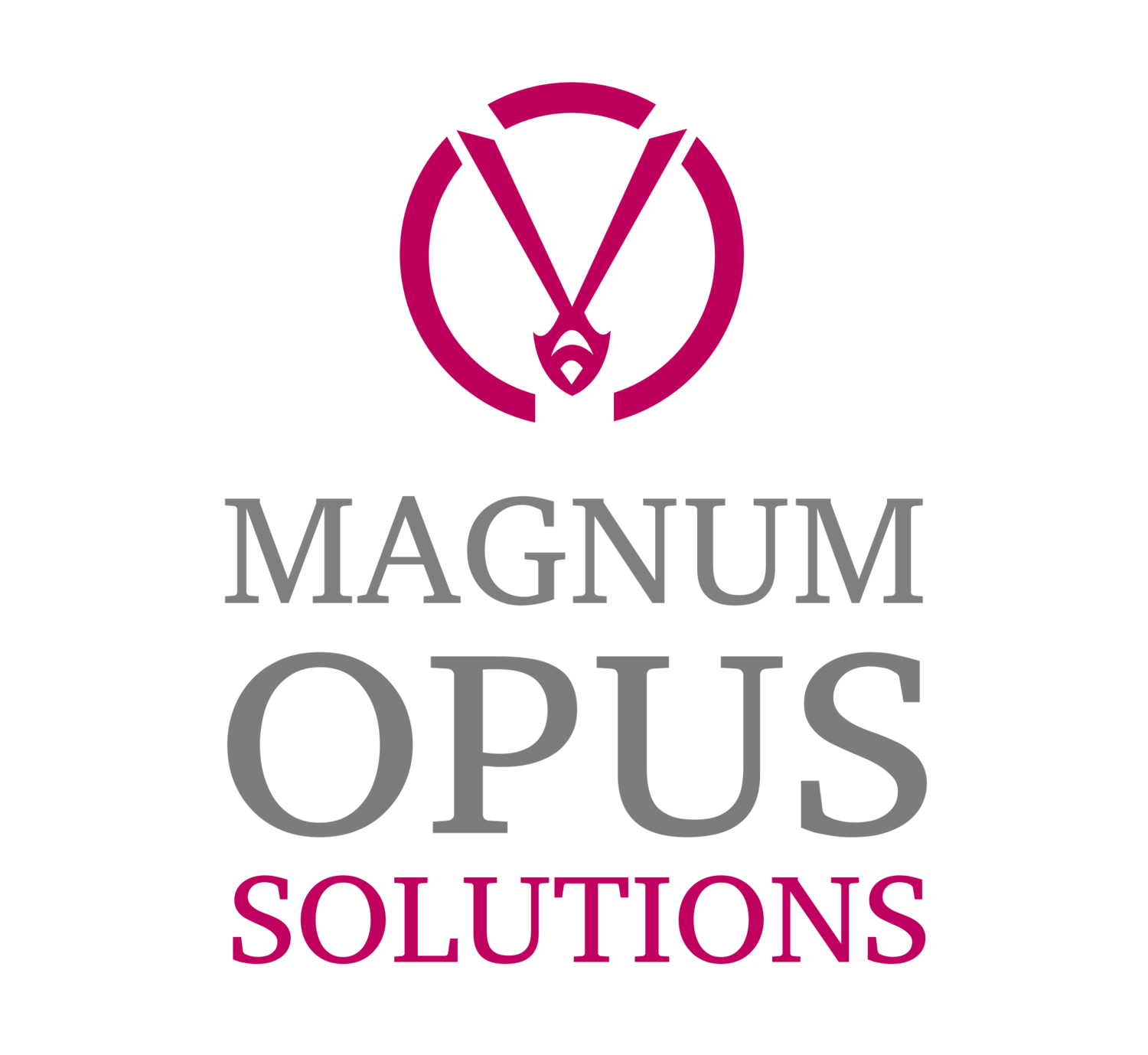Coaching Services:
Coaching Through Change
The world is changing fast, and no successful organization can stand still for long. New products, new services, and new ways of working mean that many of us are continually learning new skills, and adapting to changes in the workplace.
One of the key measures of success in change management is that you've managed to get support from all of the people affected by a change. With this support, you can implement changes smoothly, and with less disruption.
But, despite the best efforts and the efforts of your key people, getting support for change can be difficult. Many people will feel that change is happening to them, rather than feeling that they are a valuable part of the future of the organization. And people who benefit from the status quo – for example, expert users of legacy systems (what is wrong with the way we have always done it) – will quite rightly recognize that they may lose out as a result of the change.
How Coaching can Help
Coaching people through change takes time and patience, but it can really pay off in the long run. Coaching can:
- Encourage people to see change as an opportunity rather than a threat.
- Help people understand and embrace change.
- Build a stronger and more communicative team, where everyone knows their role and their value to the organization.
- Identify training needs and develop talent.
- Prevent negative perceptions of change from getting out of control and spreading across a team.
As an organization adapts to a new approach to business, its people also need to adapt. Some people have a hard time doing this, and coaching can help them develop a complete understanding of what's happening, and why.
Perceptions of Change
Change in an organization can be incremental (minor) or transformational (major). An incremental change could include resetting performance expectations and goals to remain competitive, or changing the way sales calls are handled. A transformational change could include investing in a new business, restructuring departments within the organization, or making a significant technology change.
The extent to which people feel threatened – or excited – is not always connected to the size of the change, but rather to how they feel affected by it. For example, if your organization is expanding, some people will support the change because they see opportunities for advancement or for a more varied work life. Others might not like the idea of working in a bigger team, or they might feel threatened by new people joining the organization.
The different stages of change will also affect how people react. For example, some people will cope well in the first stages of change, but that doesn't necessarily mean they'll accept it in the long run. Likewise, people who find change difficult to begin with won't necessarily adapt badly to change in later stages.
At Magnum Opus Solutions we have a team of highly qualified and experienced coaches who will be integrated into your custom solution with the sole focus on supporting your team to take what they have been learning, and coming up against that might be stopping them from moving forward, help them to understand what is stopping them and discovering how to get through it.
When incorporated into the solution, highly effective coaching greatly accelerates the achievement of your desired results by allowing us to get right to the root of what is occuring for people.


